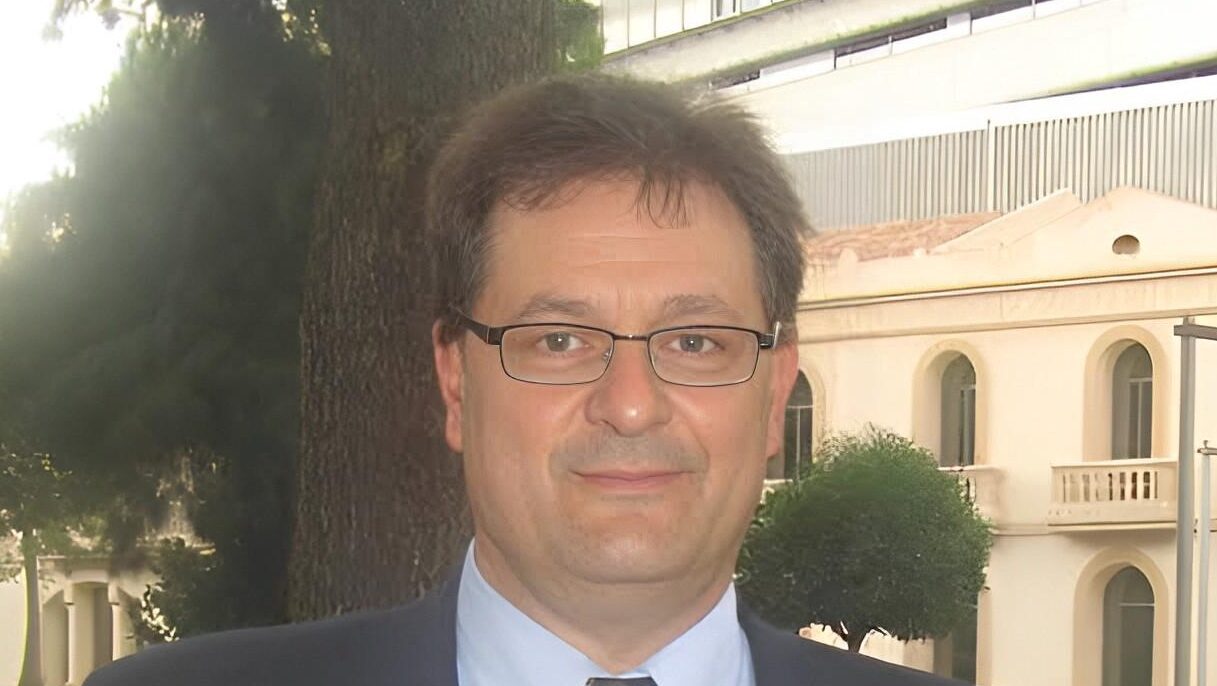Miguel Bronchud, Co-Founder of Regenerative Medicine Solutions, shared on LinkedIn:
“Cancer cells reprogrammed into dendritic cells in vivo promote antitumor immunity? PIB therapies explained…. And ready for testing.
By Haibo Zhou and Li Wu
Science Oct 18 2024
Cancer is a systemic disease accompanied by altered immune responses . According to
Chinese researchers at Shangai and Beijing Haibo Zhou and Li Wu- Beijing Key Laboratory for Immunological Research on Chronic Diseases, Tsinghua University, Beijing, China-Email: wuli@tsinghua.edu.cn
Dendritic cells (DCs) are important regulators of immunity within the tumor microenvironment (TME).
This includes capturing proteins from tumor cells and presenting them to T cells, which are subsequently activated and become tumor-killing cells . Therefore, manipulating DCs is a promising strategy for cancer immunotherapy.
One subclass of DCs—type 1 conventional DCs (cDC1s)—is particularly important for initiating tumor-eliminating immune responses, but cDC1-based immunotherapies have not yet been deployed in the clinic mainly because of the sparseness of cDC1s in tumors .
On page 286 of the SCIENCE (AAAS) Oct 2024 issue, Ascic et al. : The development of cancer immunotherapies using DCs has been limited because of challenges in manipulating a wide range of DC subtypes and obtaining the desired cell types at a scale amenable to therapeutic applications.
Owing to their ability to induce antitumor responses, cDC1s are a desirable target for cancer immunotherapy. A common approach to generate cDC1s is inducing their differentiation in vitro from CD34+hematopoietic stem and progenitor cells. Other strategies have focused on reprogramming fibroblast and cancer cells into cDC1-like antigen-presenting cells in vitro .
See: Ascic et al. E. Ascic et al., Science 386, eadn9083 (2024).
This was achieved through adenovirus-based delivery of three genes encoding the proteins essential for cDC1 differentiation and function—the transcription factors PU.1 (purine-rich box 1), IRF8 (interferon regulatory factor 8), and BATF3 (basic leucine zipper transcriptional factor ATFlike).
PIB therapies- transcription factors PU.1 (purine-rich box 1), IRF8 (interferon regulatory factor 8), and BATF3 (basic leucine zipper transcriptional factor ATFlike
This strategy, called PIB, because of the initials enabled tumor cells to present antigens as cDC1s, remodel the TME, and recruit and expand polyclonal cytotoxic T cells, which inhibited tumor growth and elicited long-term systemic immunity in several mouse models of melanoma.
Although in situ (local) transformation of cancer cells was less efficient than in vitro transformation, as few as 0.06% of reprogrammed cells were sufficient to trigger durable antitumor responses, demonstrating the powerful antitumor potential of these cDC1-like cells.”
More posts futuring Miguel Bronchud on oncodaily.com


